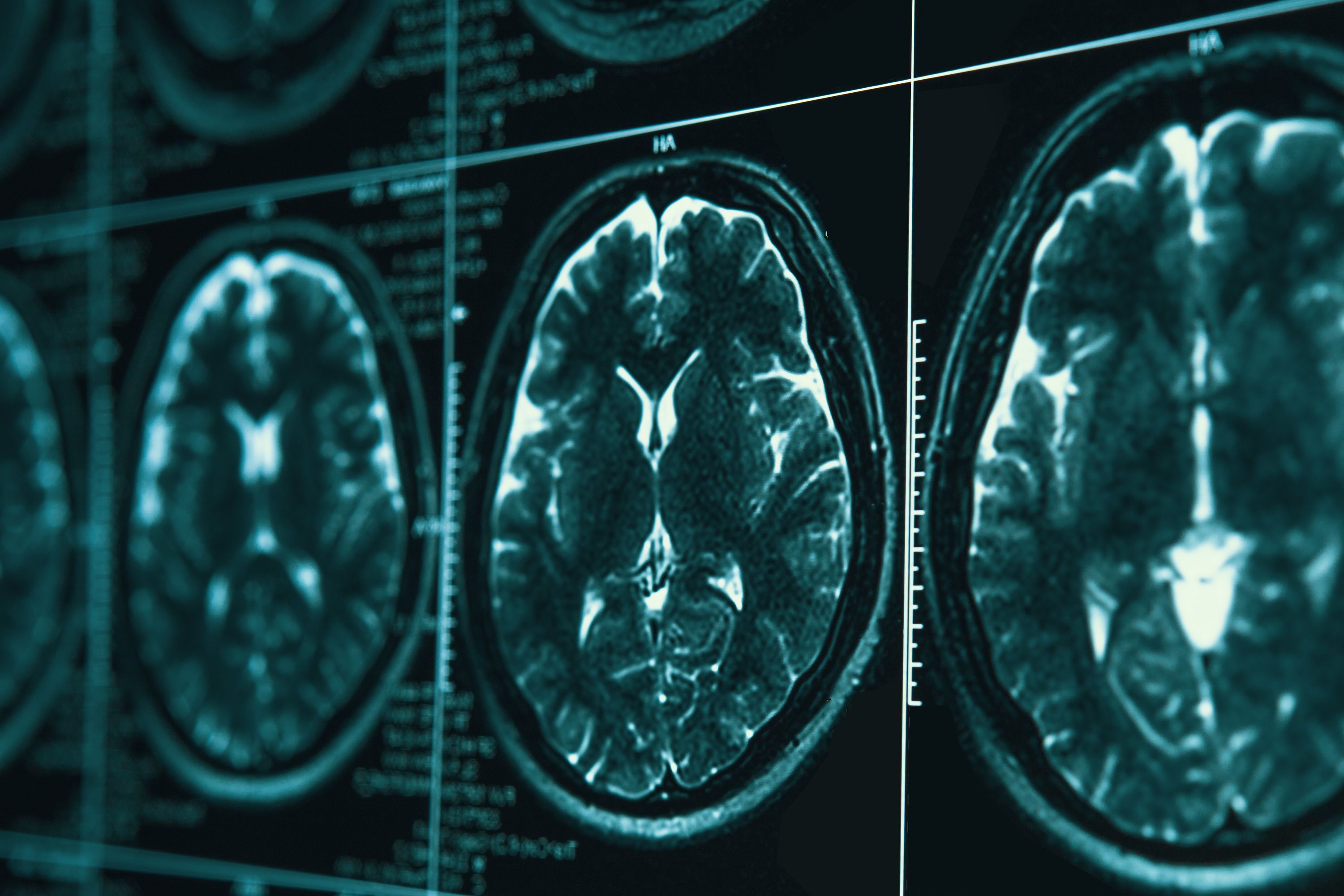
News
Article
Military-Related Traumatic Brain Injury a Risk Factor for New-Onset Mental Health Conditions
Author(s):
The risk of death by suicide in soldiers was both directly and indirectly related to traumatic brain injury through confounding mental health diagnoses.
Among soldiers with a history of military-related traumatic brain injury (TBI), there were high rates of new-onset mental health diagnoses, in addition to being both directly and indirectly associated with a risk of suicide, according to the results of a study published in the Journal of the American Medical Association.
Image credit: DedMityay - stock.adobe.com

The cohort study gathered data from the Substance Use and Psychological Injury Combat Study (SUPIC), a database including soldiers returning from combat operations between 2008 and 2014. Soldiers were followed-up with from the end of their first deployment during the study window.
Diagnoses for mental health were grouped into 6 categories: mood, anxiety, alcohol use, adjustment, substance use (excluding alcohol and tobacco), and posttraumatic stress disorders. Investigators identified Mortality Data Repository records to determine death by suicide.
A sample of 860,892 soldiers (320,539 soldiers [37.2%] aged 18-24 years at end of index deployment; 766,454 [89.0%] male) were included in the study. Of these, 108,785 (12.6%) had a history of TBI.
Among soldiers who had a history of TBI, 458 (0.4%) died by suicide, compared to 2237 soldiers (0.3%) who did not have a history of TBI, the study found. Mental health diagnoses were higher for soldiers with a history of TBI compared to those without. Investigators also observed higher increases in rates of mental health diagnoses from before to after TBI or match dates in soldiers with TBI.
Among soldiers who had mood disorder diagnoses, soldiers with TBI had an increase from 24,460 soldiers (22.5%) before the TBI to 40,997 soldiers (37.7%) following the TBI, a 67.7% increase, compared to a 37.5% increase among those who did not have TBI.
Furthermore, soldiers with a history of TBI had a 31.9% increase in alcohol use disorders compared to those without a history of TBI, who only had a 10.3% increase. The largest observed disparity was for substance use disorders (SUDs), as soldiers with a history of TBI had a 100% increase compared to a 14.5% increase among those without TBI.
Notably, the time to suicide for those with a history of TBI was 21.3% faster (deceleration factor, 0.787; 95% CI, 0.715-0.866) than those without a history of TBI. Researchers determined a direct effect estimate of TBI on suicide, which ranged from an 8.5% faster time to suicide for soldiers with TBI (deceleration factor, 0.915; 95% CI, 0.829-1.010) than those without a TBI for the 2 or more mental health diagnoses model, to a time to suicide for soldiers with TBI 16.7% faster (deceleration factor, 0.833; 95% CI, 0.756-0.918) than those without a TBI for the adjustment disorder model, the researchers determined.
In examining indirect associations between TBI and suicide, investigators found the largest indirect effect estimate was observed for the substance use model. Soldiers with TBI had a 62.8% faster (deceleration factor, 0.372; 95% CI, 0.322-0.433) time to suicide through the appearance of a new-onset SUD, in comparison to soldiers without TBI.
Many prior studies focused on highlighting the association between TBI and suicide without considering whether mental health conditions could affect this association. However, these new findings that TBI and suicide are both directly and indirectly related—through new-onset mental health diagnoses—shows the importance of rethinking methodologies to increase understanding, the study authors discussed.
“These findings support adopting methodological strategies aimed at evaluating risk over an individual’s lifetime, with a focus on how events and conditions accumulate both proximally and distally,” the investigators concluded.
Reference
Brenner LA, Forster JE, Gradus JL, et al. Associations of military-related traumatic brain injury with new-onset mental health conditions and suicide risk. JAMA Netw Open. 2023;6(7):e2326296. doi:10.1001/jamanetworkopen.2023.26296
Newsletter
Stay informed on drug updates, treatment guidelines, and pharmacy practice trends—subscribe to Pharmacy Times for weekly clinical insights.
2 Commerce Drive
Cranbury, NJ 08512
All rights reserved.





